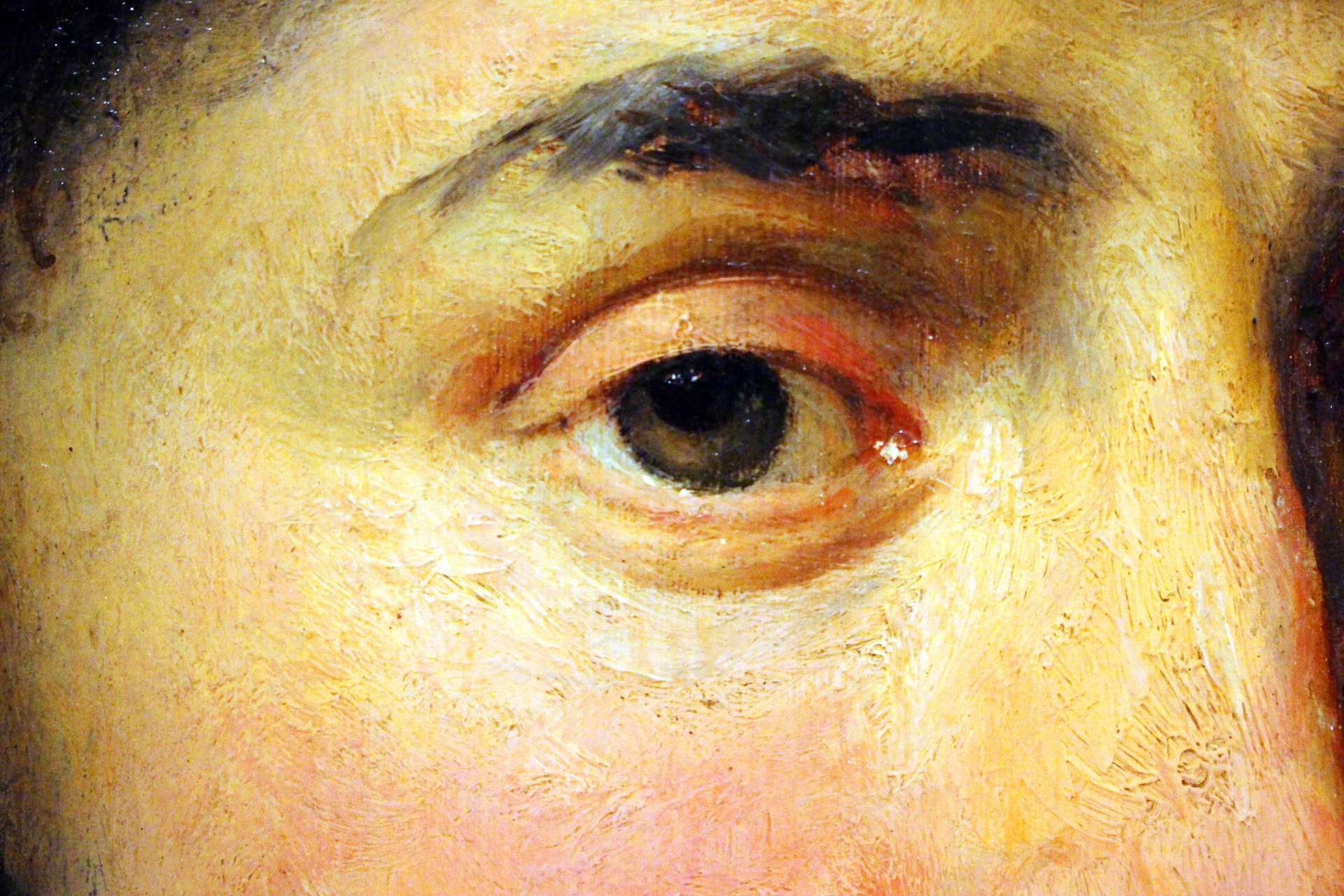Whenever a new economic policy is proposed or introduced, we are immediately confronted by a wave of pundits and pontificators, each offering their own spin on its real-world implications. Far too often, however, such analysis gives way to a flurry of passions: emotional, ideological, and otherwise.
Which begs the question: What is the public purpose of the economist?
According to economist Peter Boettke, it has to do with the illumination of truth, not only about market processes, but political processes, as well. It is the economist’s responsibility to explain the particulars of a policy, but also to “remove the scales from the eyes of the public” when it comes to the more fundamental forces and wider implications.
This is a difficult task, partly because such processes can be difficult to understand, and partly because vested interests often wield their powers of persuasion. For Boettke, however, neither of these poses the greatest threat or obstacle:
To this day I believe ideology and ignorance are perhaps more critical issues than interests and rational ignorance. I retain faith that if we economists do our job and explain clearly and concisely the logic of economic forces at work, and expose the public to the true costs and benefits, and who gains and whose expense, then a lot of bad public policies would cease to find popular support, and even more so, certain cherished ideological beliefs would be abandoned. Reason and Evidence, not Passionate Emotions and Primitive Intuitions, can be the guide to policy, and result in peace and prosperity and general human flourishing.
…I realize that is a certain type of romance as well. I believe scholars are truth-seekers, so economists are tellers of the truth, and if done to the best of their ability and with communication skills as good as humanly possible, the economist as student of society, as social critic, and ultimately as teacher can do their job to eradicate ignorance, and in doing so set democratic societies (through public opinion) on the successful path to address the social ills of poverty and squalor as well (as opposed to the frustrating path we have followed). The public purpose of economics is to be great “teachers” of the economic forces at work, and to be able to explain how alternative institutional arrangements either promote peaceful cooperation and productive specialization among individuals (the invisible hand) or frustrate the efforts to realize the gains from trade and stifle the efforts to realize the gains from innovation (dynamics of interventionism).
This doesn’t mean that we should blindly submit or subscribe to cold economic models. The removal of passions and “primitive intuitions” does not mean the removal of ethics or humility. As Boettke explains elsewhere, economists serve as “cautionary prophets,” not all-knowing engineers.
To the contrary, in order to properly teach and reveal what needs to be learned, economists will need more than mere mathematics:
The world is complex, and there are many parts moving at once and in different directions in human societies so the real-world appears to us as a muddle and unearthing the governing dynamics requires analytically a surgical precision with fine instruments of reason and evidence, and not blunt force instruments. That is the art as well as the science of economics and political economy.
But down deep I am today as persuaded by the role that economics properly done can have on the public imagination as I was when I read my first economic works and listened to Dr. Sennholz’s words for the first time. The scales really did get removed from my eyes, and I want to in turn share the ‘good news’ of economic science with other unsuspecting fellow citizens to eradicate public ignorance on economic affairs and in so doing set us on a more productive path to address other social ills such as poverty, squalor and idleness.
Indeed, “removing the scales” will require a view that goes before and beyond the typical economic analysis, one that assumes a proper view of the human person and a corresponding moral imagination. For Boettke’s prioritization of “reason and evidence” to prevail, it will demand a bit more reinforcement.
For the “good news of economics science” to actually resonate, it will need the anthropology necessary to connect the dots, and as Christians, this is our invitation.
Image: Carlotta Silvestrini, CC0
